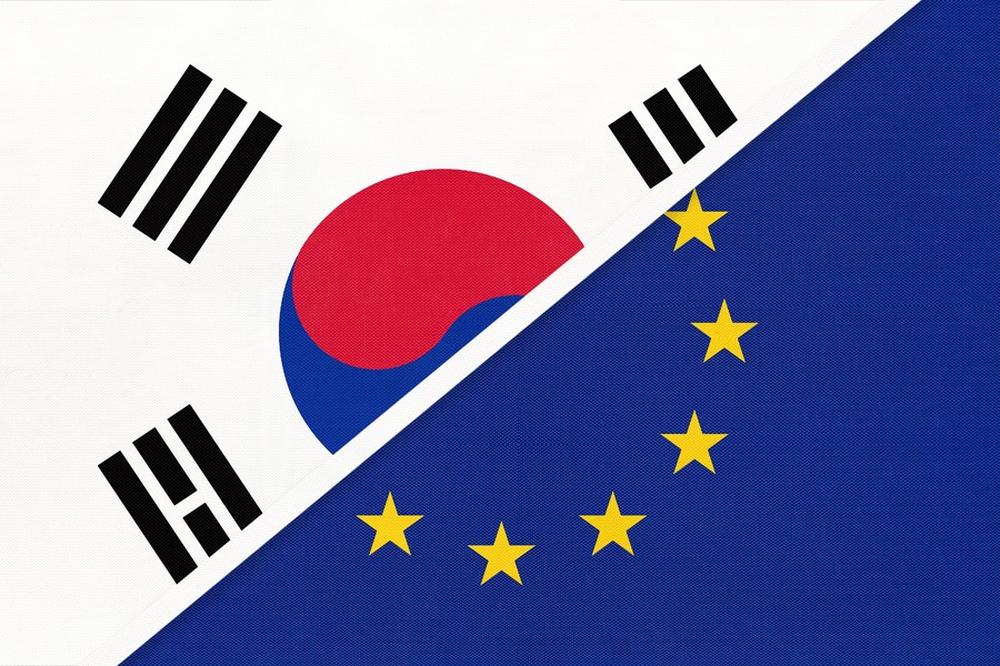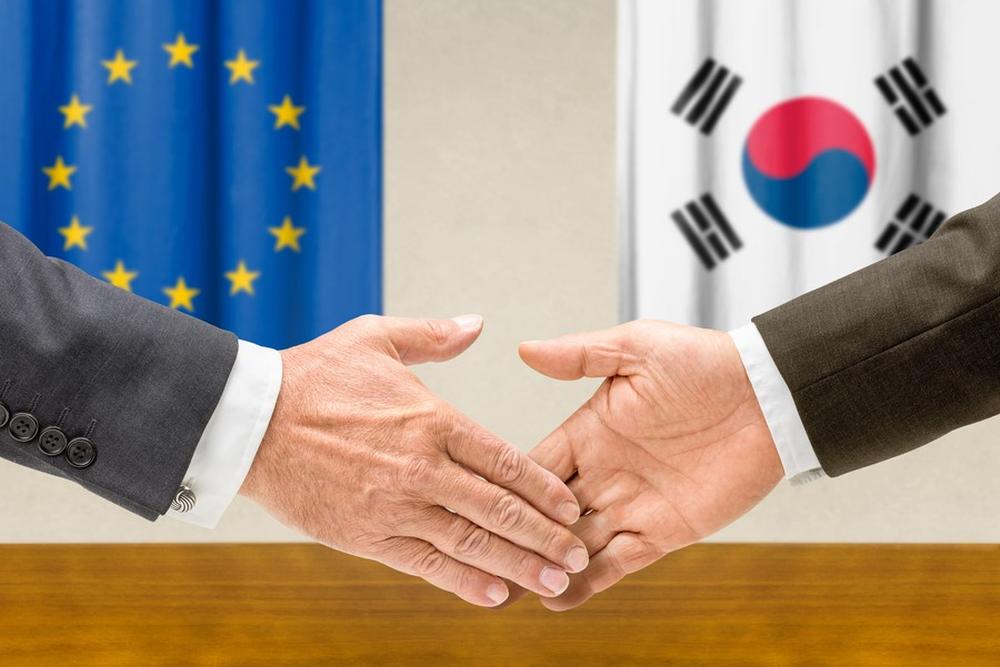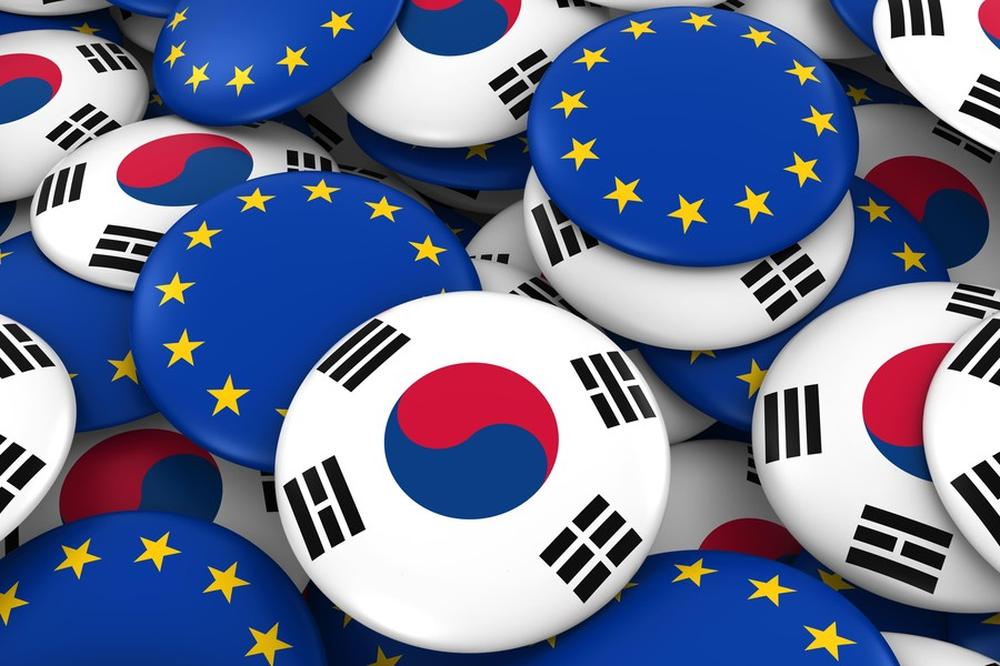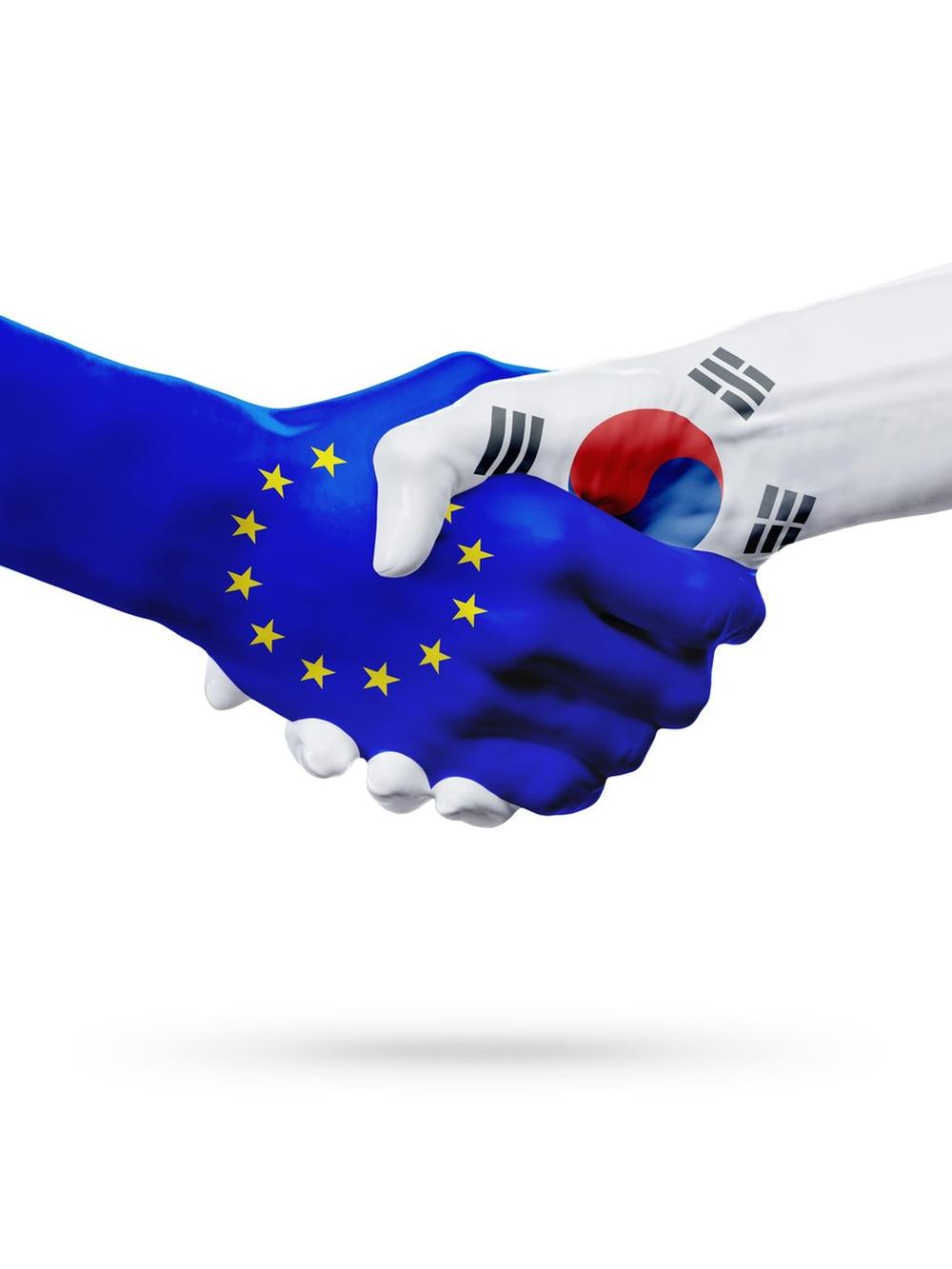- #China
- #Europe
- #US Foreign Policy

► Such underdeveloped status of strategic aspect of the Korea-EU relations is about to change recently. This is because Europe has started to establish and implement its Indo-Pacific strategies with envisioning Korea as one of key partners in the region.
► These growing European engagements in the Indo-Pacific presents opportunities and challenges to Korea.
► Thinking outside the framework of a choice between the US and China is required for Korea to face the coming of strategy-minded Europeans in the Indo-Pacific region.
► It is a high time for Korea to launch real strategic dialogues and search for common actions with Europe in the Indo-Pacific region.
Dialogue-centred security cooperation between Korea and Europe
The security cooperation between Korea and Europe has not been highly visible. Except for some exceptions such as Korea’s participation in EU NAVFOR Somalia –‘Operation Atalanta’, the EU’s counter-piracy operation off the coast of Somalia- the Korea-Europe relationship is dominated by economic issues. As of 2019, the last year when the UK is an EU member state, the EU was the Korea’s 4th largest trading partner and Korea is its 9th trading partner. Despite their strategic partnership established in 2010 and enhanced by three bilateral treaties (i.e., the EU-ROK Framework agreement, the EU-ROK Free Trade Agreement and the EU-ROK Crisis management participation framework agreement), the security aspect of the Korea-Europe relationship is minimal.
Given that both sides agree on most of international issues at least in principle and mostly in practice, conflicts of interests cannot explain the lack of their bilateral and multilateral security cooperation. Most of high-level exchanges conducted between Korea and its numerous European counterparts- i.e., the EU and European countries including the UK- have shown the mutual desires for further cooperation in security. However, the salience of their security cooperation is low in general and lop-sided on certain issues. The Korean and European strategic positions differ considerably. Geographic distance and differences in strategic cultures are its main causes. Territorial defence against the DPRK occupies most of Korea’s strategic resources militarily and diplomatically. Korea’s views on its relationship with the US, China, Japan, Russia and the rest of the world are the reflections of the DPRK issues. Its main theatre of Korea’s security interests is the East Asia. Other security challenges, such as non-traditional security threats and global security, are comparatively of less priority for the Korea. In contrast, many global security threats, such as terrorism, cyber security, refugee crisis, and piracy, are Europe’s own. Since the escalation of military tension with Russia in 2014, it has inevitably refocused on its own territorial defence as well as the regions closer to the European borders. Due to their varying security priorities, the Korea-Europe security cooperation is done mostly in the form of dialogues.
The increasing tension between the US and China and Europe’s strategic positioning in the Indo-Pacific
Such underdeveloped status of strategic aspect of the Korea-EU relations is about to change recently. This is because Europe has started to establish and implement its Indo-Pacific strategies with envisioning Korea as one of key partners in the region.
Facing the growing power of China and the increasing tension between the US and China, Europeans start to admit that security instability of the region would become their own problems. With such recognition of the strategic importance of the Indo-Pacific, France (in 2019), Germany (in 2020), the Netherlands (in 2020) and the EU (in 2021) announced their policy papers on the Indo-Pacific region. The UK also incorporated its positions on the region in the strategic paper titled ‘Global Britain in a Competitive Age, the Integrated Review of Security, Defence, Development and Foreign Policy’. Albeit varying in contents and focuses, the common elements of these European approached to the Indo-Pacific are (i) the necessity for forming their own strategic vision on the region; (ii) the importance of diversification in their relationship with the countries in the region; (iii) critical but not confrontational attitudes toward China; (iv) there should be multi-polar rather than bi-polar order in the region; and (v) enhancing the existing partnerships and building new avenues of cooperation with like-minded countries including Australia, New Zealand, Japan, Korea, India and the ASEAN. Germany and the Netherlands emphasized the future role of NATO in the Indo-Pacific and NATO has shown interests in increasing its engagement in the region since 2019. The upcoming new strategic concept of NATO in 2022 is likely to include its policies on the region. While the European approaches vary in their policy priorities depending on their geo-political and geo-economic postures, none excludes a security and military dimension of their Indo-Pacific policies.
Security attentions by European countries are clearly expressed in 2021 by the naval visits of the UK, France, and Germany. From May 2021, the UK deployed an aircraft-carrier strike group on a seven-month mission to the Indo-Pacific. It is led by the Royal Navy’s HMS Queen Elizabeth and supported by allies. France, the only European country with permanent Indo-Pacific military presence because of its territories in the region, intensified its military cooperation by joint exercises with countries such as India, Australia, Japan, and the U.S. Even Germany, which is always more cautious in exercising its military power than the UK and France, sent a warship to the Indo-Pacific for six-month deployment in summer 2021 to align itself with other Western countries.
These growing European engagements in the Indo-Pacific presents opportunities and challenges to Korea. On one hand, the European approaches seem to mostly attempt to avoid a binary choice between the US and China in the efforts for establishing the security order and stability in the region. Promoting multilateralism, those European countries, which are all allies of the US through NATO, express their willingness not to exclude China while perceiving it as its rise as security challenge. Not being pushed to choose between the US and China is in line with the Korean position on the regional order in East Asia. Therefore, the European actors in the Indo-Pacific may be welcomed by Korea as partners for maintaining its security ambiguity. On the other hand, however, the respective European approaches to the Indo-Pacific declare that their positions are firmed on the values such as democracy, human rights, and international law. They also make is clear that those values are shared with the US. China, therefore, does not welcome the European engagements in the region. In this light, Korea may regard the European desire to involve Korea in their Indo-Pacific strategies as another source of pressure to distance itself from China.
Launching real strategic dialogues and searching for common actions in the Indo-Pacific region
Thinking outside the framework of a choice between the US and China is required for Korea to face the coming of strategy-minded Europeans in the Indo-Pacific region. Australia, India, Japan, and some ASEAN countries are enhancing their security cooperation with the European countries in various frameworks bilaterally and multilaterally. While avoiding a choice between the US and China or one between Europe and China, Korea may neglect to recognize its security ties with Europe becoming relatively weaker than those of other Asian countries. The East Asia, the utmost strategic theatre of Korea, is a part of the Indo-Pacific region and becoming even more integrated into the strategic environment of the latter partly because the geographically distant European actors try to involve more in the US-China competition there. Engaging with Europe in the Indo-Pacific is becoming necessary for Korea to maintain its status as a significant regional actor.
It is a high time for Korea to launch real strategic dialogues and search for common actions with Europe in the Indo-Pacific region. Korea and Europe have successfully cooperated in promoting international security and protecting their mutual interests as shown their joint efforts to anti-piracy activities. Now the possible geographic area for the Korea-Europe security cooperation is closer to Korea. Balancing between its own values and interests other than balancing between the US and China is to formulate a Korean approach to European actors in the Indo-Pacific region.
Hae-Won JUN is an Associate Professor at the Korea National Diplomatic Academy in the Ministry of Foreign Affairs, Korea. She was a visiting scholar at the London School of Economics and Political Science, the German Marshall Fund of the United States and Ritsumeikan University in Kyoto. Her publications include ‘Cooperation in the field of international peace and security: a newcomer to the legal framework for EU-Korea relations’, ‘European Experience and Lessons’, ‘Preventive Diplomacy and Crisis Management in EU-Korea Security Relations’ (with Michael Reiterer), and ‘EU-ROK in crisis management’ (forthcoming). He is a graduate of Yonsei University and received her MSc in EU Policy-making at the London School of Economics and Political Science and her D.Phil. in Political Science from the University of Oxford, UK. The views expressed in this article are her own and are not to be construed as representing those of the Korean Ministry of Foreign Affairs.


